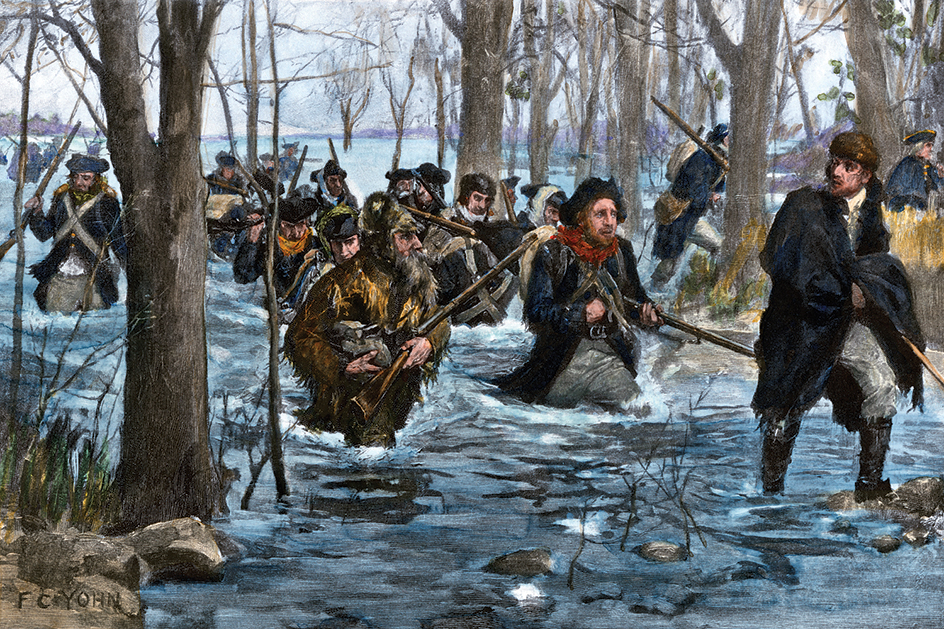Clark, George Rogers (1752-1818), was an American frontiersman and soldier who won important victories in the Northwest Territory during the American Revolution (1775-1783). The Northwest Territory was a vast tract of land lying north of the Ohio River, south of Canada, west of Pennsylvania, and east of the Mississippi River. Clark’s victories helped the American negotiators claim this area during peace talks with Britain that ended the Revolution.
Clark was born near Charlottesville, Virginia, on Nov. 19, 1752. He became a surveyor as a young man. He began exploring and surveying the western frontier. When the American Revolution broke out in 1775, Clark was living in Kentucky. Although this region was claimed by the Colony of Virginia, the Virginia colonial government at first refused to send military aid to protect the Kentucky settlers. The settlers suffered raids by the Indian allies of the British. In response, Clark argued, “if a country is not worth protecting, it is not worth claiming.” Then Virginia officials sent gunpowder to the settlers.

In 1777, Clark convinced Governor Patrick Henry of Virginia that the British were supplying weapons to the Indians to fight the Kentuckians. Britain sought to control all the region west of the Appalachian Mountains. Clark was commissioned a lieutenant colonel in the Virginia militia. He pulled together about 175 men to carry the fight into the Northwest Territory. In 1778 and 1779, he and his men captured Kaskaskia, Cahokia, and Vincennes, three key settlements in what are now southern parts of Illinois and Indiana. In 1783, Britain formally surrendered the region to the United States. See Northwest Territory .
In 1783, Thomas Jefferson, who was then a member of Congress, asked Clark to explore the land west of the Mississippi River. But Clark refused. His younger brother, William, agreed to take part in a similar project in 1803. William became a leader of the Lewis and Clark expedition (see Clark, William ). In his later years, George Rogers Clark was partially paralyzed by a stroke and afflicted by alcoholism. Clark died on Feb. 13, 1818.
